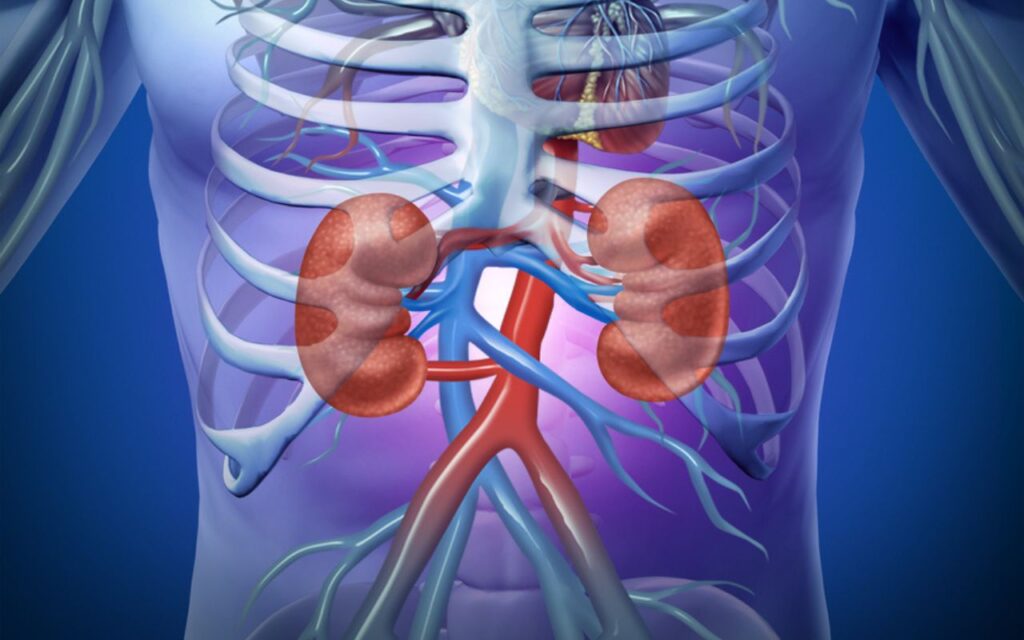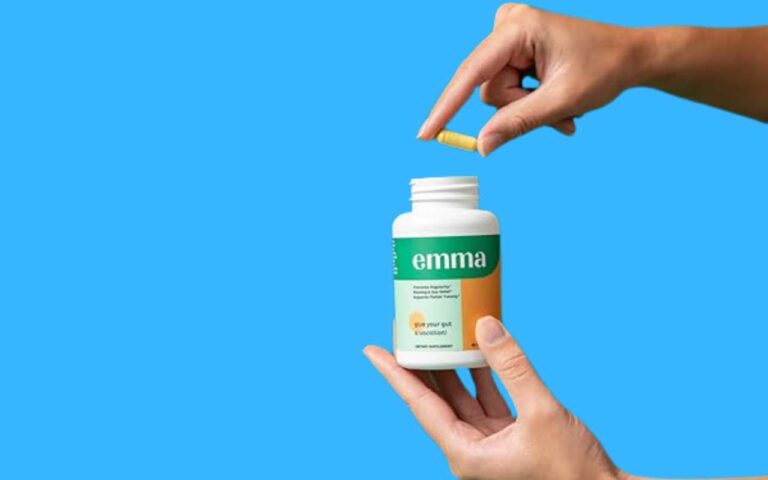What Foods Helps To Repair Kidneys : Foods & Diet Plan
What Foods Helps To Repair Kidneys : The kidneys are vital organs that perform a multitude of functions, including filtering waste products from the blood, balancing bodily fluids, and regulating blood pressure. Maintaining kidney health is crucial for overall well-being.
While medical treatments are essential for those with kidney disease, diet plays a significant role in supporting kidney function and possibly aiding in the repair process.
Importance of Diet in Kidney Health
A balanced diet can help manage and prevent kidney disease. Certain nutrients and foods have properties that support kidney health, reduce inflammation, and prevent further damage. Here are some foods that are particularly beneficial for the kidneys:
Best foods for kidneys (What foods help repair kidneys)
1. Berries
Blueberries, strawberries, and raspberries: These berries are rich in antioxidants and phytonutrients, which can help reduce inflammation and oxidative stress, benefiting kidney health. These fruits also have a low potassium content, making them suitable for people with CKD who need to monitor their potassium intake.
2. Red Bell Peppers
Bell peppers are low in potassium but high in vitamins C, A, and B6, as well as folic acid and fiber. They are particularly beneficial for kidney health due to their low potassium content and rich supply of antioxidants.
3. Cauliflower and Broccoli
These cruciferous vegetables are high in fiber and contain beneficial compounds that support kidney function. They also provide vitamin C, vitamin K, and folate.
4. Garlic
Garlic can help reduce inflammation and lower cholesterol levels, which can benefit kidney health. It also adds flavor to food without adding extra potassium or sodium.
5. Onions
Onions are low in potassium and rich in flavonoids, particularly quercetin, which can reduce heart disease by preventing the accumulation of fatty material in blood vessels. They also have antioxidant and anti-inflammatory properties.
6. Apples
Apples are a good source of fiber and vitamin C. They can help reduce cholesterol, prevent constipation, protect against heart disease, and reduce the risk of cancer, all of which contribute to better kidney health.
7. Cranberries
Cranberries can help prevent urinary tract infections, which can spread to the kidneys if left untreated. They are rich in antioxidants and can support kidney and urinary tract health.

8. Fish
Fatty fish like salmon, mackerel, and sardines are excellent sources of omega-3 fatty acids. Omega-3s have anti-inflammatory properties that can help reduce the progression of kidney disease. They also support heart health, which is important since cardiovascular disease is a common complication of kidney disease.
5 Lower Back Pain Exercises to Strengthen and Soothe Your Spine
9. Egg Whites
Egg whites provide a high-quality, kidney-friendly source of protein without the phosphorus found in yolks. They are an excellent choice for people with kidney issues who need to limit phosphorus intake.
10. Olive Oil
Olive oil is a healthy fat that contains antioxidants and anti-inflammatory compounds. It is an excellent source of healthy calories and fats for those with kidney disease who need to control their weight.
11. Cabbage
Cabbage is low in potassium and high in vitamins K, C, and B6, as well as fiber and folic acid. It is a good vegetable choice for kidney health.
12. Skinless Chicken
Skinless chicken breast is a high-quality protein that is lower in phosphorus and potassium compared to other meats, making it suitable for a kidney-friendly diet.
13. Herbs and Spices
Herbs and spices like basil, parsley, thyme, and turmeric not only add flavor to dishes but also provide various health benefits. Turmeric, for example, contains curcumin, a compound with strong anti-inflammatory and antioxidant properties that can benefit kidney health.
Tips for Including These Foods in Your Diet
- Variety: Incorporate a variety of these foods to ensure you get a wide range of nutrients.
- Cooking Methods: Opt for healthy cooking methods such as grilling, steaming, roasting, or baking instead of frying.
- Portion Control: Pay attention to portion sizes, especially if you have kidney disease and need to manage your intake of certain nutrients.
- Consult a Dietitian: If you have chronic kidney disease or other health concerns, consider consulting a dietitian who specializes in kidney health to help you create a personalized eating plan.
Hydration and Kidney Health
Staying well-hydrated is fundamental for kidney health. Water helps the kidneys remove waste from the blood in the form of urine and keeps blood vessels open so that blood can travel freely to the kidneys. Proper hydration can also prevent the formation of kidney stones.
However, for individuals with certain stages of kidney disease, fluid intake may need to be managed carefully under medical supervision.
Foods to Limit or Avoid (Bad food for kidney)
While including the above foods can support kidney health, it’s also important to limit or avoid foods that can harm the kidneys:
- High-Sodium Foods: Processed foods, fast food, and salty snacks.
- High-Potassium Foods: Bananas, oranges, potatoes, tomatoes, and spinach (if you have advanced kidney disease).
- High-Phosphorus Foods: Dairy products, nuts, seeds, and whole grains (if you have advanced kidney disease).
- Sugary Foods and Drinks: Sodas, candies, and desserts.
Kidney Health Diet Plan
Always consult with a healthcare professional for personalized advice. But here is some common diet for healthy kidney.
Breakfast:
- Oatmeal with blueberries and a small apple.
- Herbal tea or water.
Mid-Morning Snack:
Sliced bell peppers with hummus.
Lunch:
Grilled salmon with a side of steamed cauliflower and a mixed green salad (cabbage, spinach, onions) with olive oil and lemon dressing.
Afternoon Snack:
A handful of unsalted almonds or walnuts.
Dinner:
- Baked chicken breast with garlic and herbs.
- Steamed broccoli and quinoa.
Evening Snack:
Sliced strawberries or a small bowl of mixed berries.
Hydration:
Drink plenty of water throughout the day, aiming for 6-8 glasses.
Limit sodium intake by avoiding processed foods and using herbs and spices for flavor. Monitor potassium and phosphorus intake if you have CKD, and adjust food choices as necessary in consultation with a healthcare professional.
A balanced diet that includes kidney-friendly foods can help support and maintain kidney health. By incorporating berries, red bell peppers, cruciferous vegetables, garlic, onions, apples, cranberries, fatty fish, egg whites, olive oil, cabbage, skinless chicken, and herbs and spices into your meals, you can provide your kidneys with the nutrients they need to function properly. Remember to limit foods that can harm the kidneys and consult a healthcare professional for personalized dietary advice, especially if you have existing kidney conditions.








One Comment